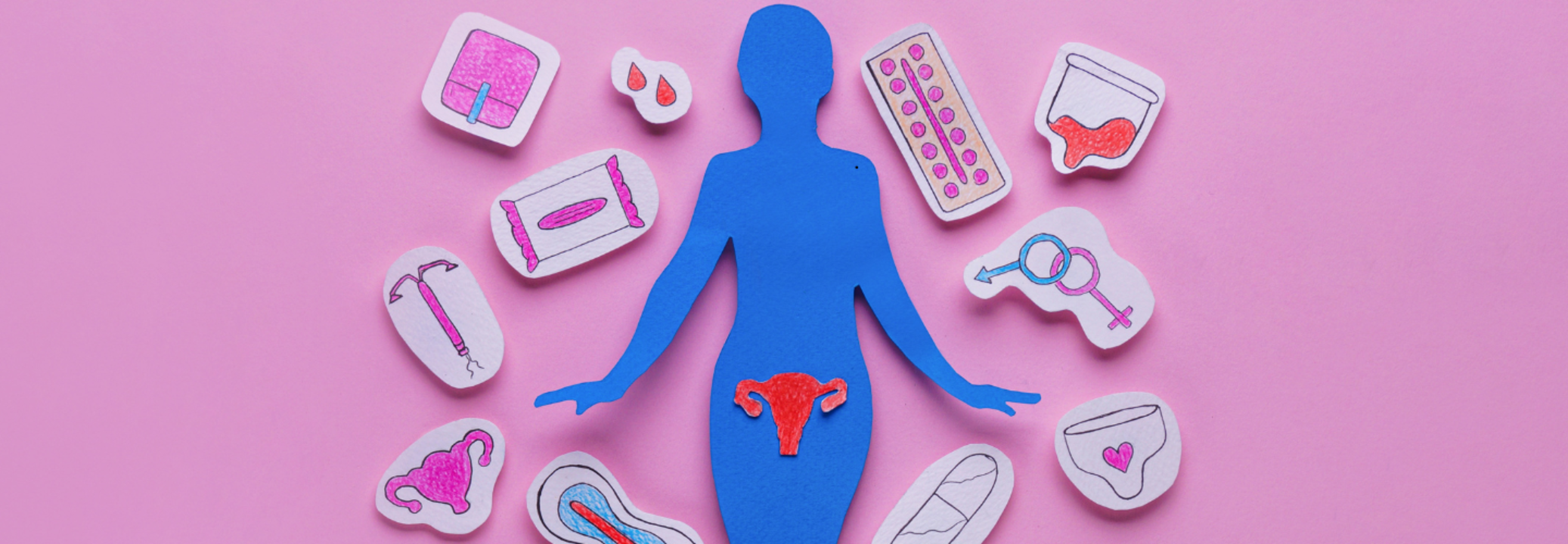Menstrual Hygiene Day 2025: Theme, History And Importance

Credits: Canva
SummaryMenstrual Hygiene Day, first observed in 2013, is now celebrated annually on May 28 to bring the attention on the importance of safe menstrual health. Read on to know why is it important and why does it still matter today.
End of Article
